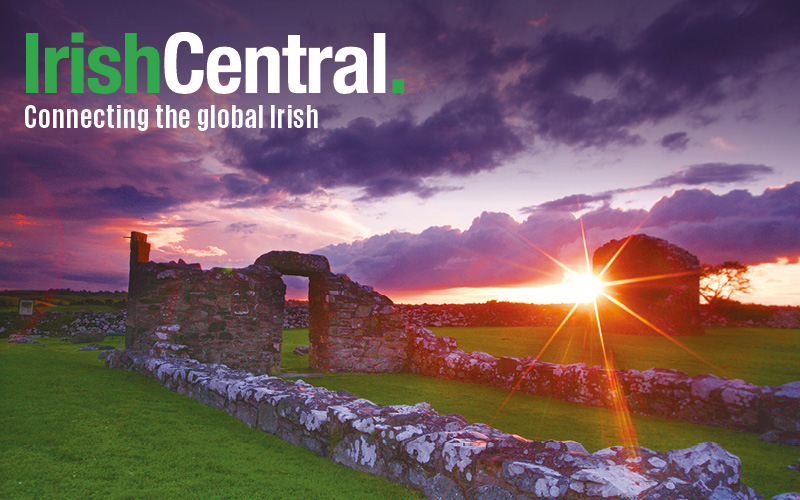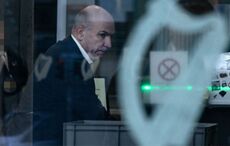Admitting that Ireland has become a 'post Catholic' nation, Archbishop of Dublin Diarmuid Martin told a New York audience that the renewal of the Church depends on an effort by the laity to overcome clericalism and witness the Christian message in a secular society themselves.
Ireland can now be classified as post-Catholic because of major sociological changes and the aftermath of three decades of child sexual abuse scandals hitting the headlines, Archbishop Martin said in a speech at Fordham University this week.
'You can only define post-Catholic in terms of the Catholicism that has been displaced,' he said.
According to the Catholic News, the prelate said the Catholic Church in Ireland was trapped in an illusory self-image when he became the archbishop of Dublin in 2004. The majority of people in the Republic are Catholics which allowed the church to hide 'many structural weaknesses' and over time the church had become insensitive to them.
'The church leadership was out of touch with the religious sentiment of the people,' he said. 'The Catholic Church in Ireland had for far too long felt that it was safely ensconced on a 'Catholic country.' The church had become conformist and controlling, not just of its faithful, but of society in general. Anyone who might have thought that 'Catholic Ireland' was anything like a perfect society must now be very disillusioned,' Archbishop Martin said.
But faith in Jesus requires looking beyond human horizons and trusting in God's love, rather than in the tangible securities of day-to-day life, he said. 'When faith leads to conformism, it has betrayed the very nature of faith.'
Archbishop Martin also claimed that the sexual abuse scandals involving clergy and religious men and women were mismanaged by Irish church leaders. Although the overwhelming majority of priests in Ireland live exemplary lives, it is impossible to 'explain away the huge number of those children who were abused and the fact that this took place undetected and unrecognized within the church of Jesus Christ,' he said.
'One of the great challenges the Irish Catholic church still has to face is that of strong remnants of inherited clericalism,' the archbishop added. 'The days of the dominant, or at times domineering, role of clergy within the institutional church have changed, but part of this culture still appears in new forms from time to time.'
Clericalism will be eliminated only by fostering a deeper sense of the meaning of the church and genuine renewal of faith in Jesus rather than through media strategies and simple structural reforms, he said.
Archbishop Martin went on to predict that the church will relinquish many of the institutional roles it has held in Ireland, but refashion its role in society through the example of the laity working in social, economic, political and cultural settings.
Although it is tempting for the hierarchy 'to close ranks and make sure nobody speaks out of tune,' Archbishop Martin said the people need 'an Irish church that has the capacity to enter into dialogue with all those areas where Irish culture is taking place.'
Jesuit Father Joseph M. McShane, the Fordham University president, conferred an honorary doctorate of humane letters on Archbishop Martin, citing 'his efforts on behalf of social justice around the globe and his enlightened leadership of the Catholic church in Ireland.'




Comments